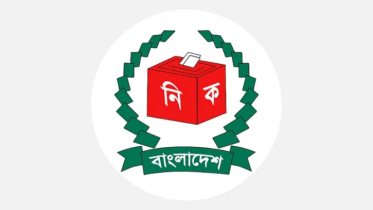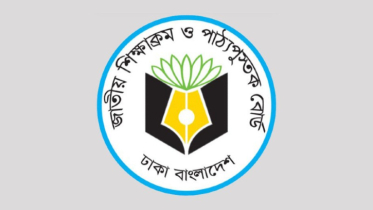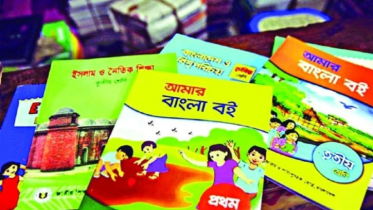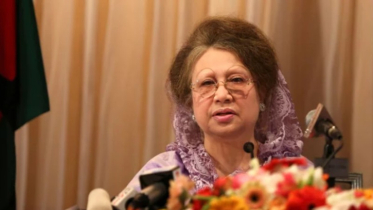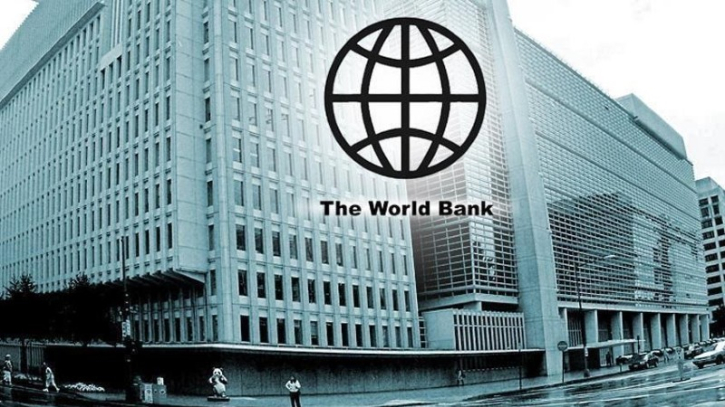
World Bank to provide $900m loan
The World Bank on Saturday said that its board approved disbursement of $900 million for two projects in Bangladesh.
To strengthen the fiscal and financial sector policies, Bangladesh will receive $500 million from the multilateral lender as the budget support and $400 million for the Resilient Urban and Territorial Development Project.
The availability of the loan will help the Finance Division to meet the budget deficit in the outgoing FY24 and increase the flow of foreign currency amid the ongoing dollar shortage in the country.
The forex reserves held by Bangladesh hovers around $19 billion from $48 billion in August 2021.
In a press release, the WB said that the fiscal and financial sector policies would help Bangladesh to make transition from trade taxes to consumption and income taxes, institutionalise the public procurement authority responsible for the electronic government procurement and increase banking sector oversight.
‘A well-functioning financial sector is critical for Bangladesh to increase investment and improve access to finance for those left out of formal banking systems,’ said Bernard Haven, the WB senior economist and task team leader for the programme.
The financing will help streamline the bank recovery framework, implementing a prompt corrective action framework to address undercapitalised banks, according to the WB.
Only eight local banks are in good condition, according to a Bangladesh Bank report.
In March, the BB unveiled the report that showed 16 banks, including eight local and eight foreign banks, were in good condition, 29 were between good and fragile and 9, including four state-run ones, were in fragile condition.
Earlier, the government received $250 million as budget support for the same fiscal and financial sector policies.
The rest of $400 million will be disbursed for improving urban infrastructure and management to ensure sustainable and climate-resilient growth
The WB said that the project will help to improve climate-resilient and gender-responsive urban infrastructure and urban management capacities in seven city clusters along the economic corridor covering over 950 kilometres of the highway from Cox’s Bazar in the south to Panchagarh in the north of Bangladesh.
It was projected that the urban population would increase 60 per cent in 2050 from 38 per cent in 2021.
The trend of urbanisation has largely been driven by the rapid growth of manufacturing sector jobs in the Dhaka metropolitan area, making Dhaka one of the most densely populated cities in the world.
Climate resilient development in secondary cities will help to absorb climate migrants while helping to reduce congestion in Dhaka, said the WB.























